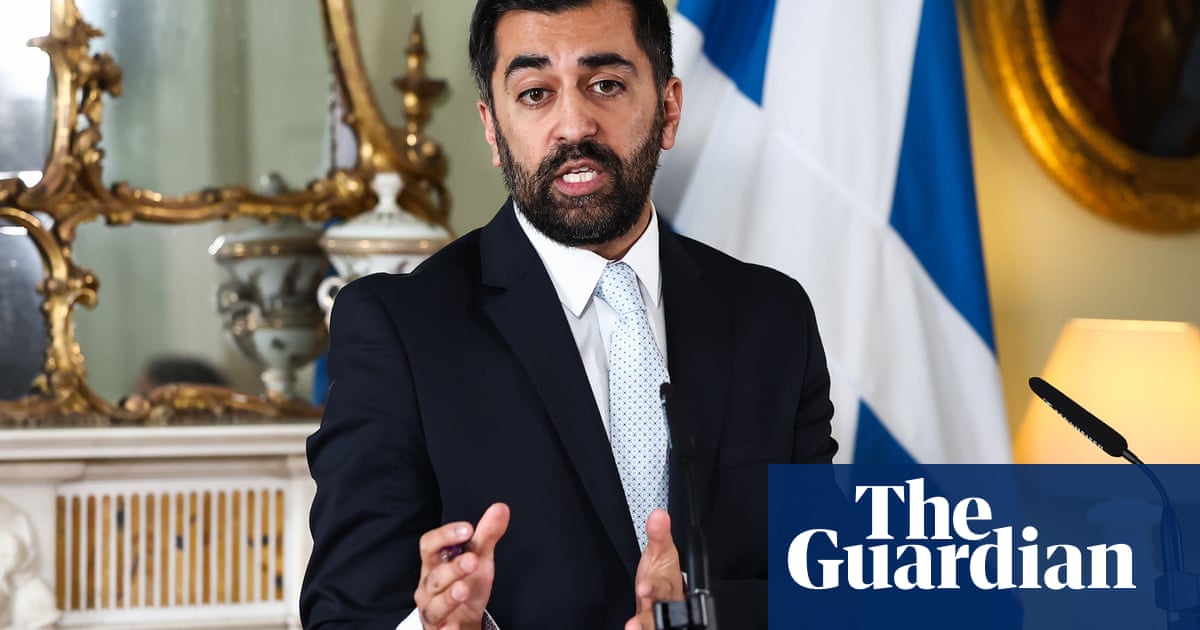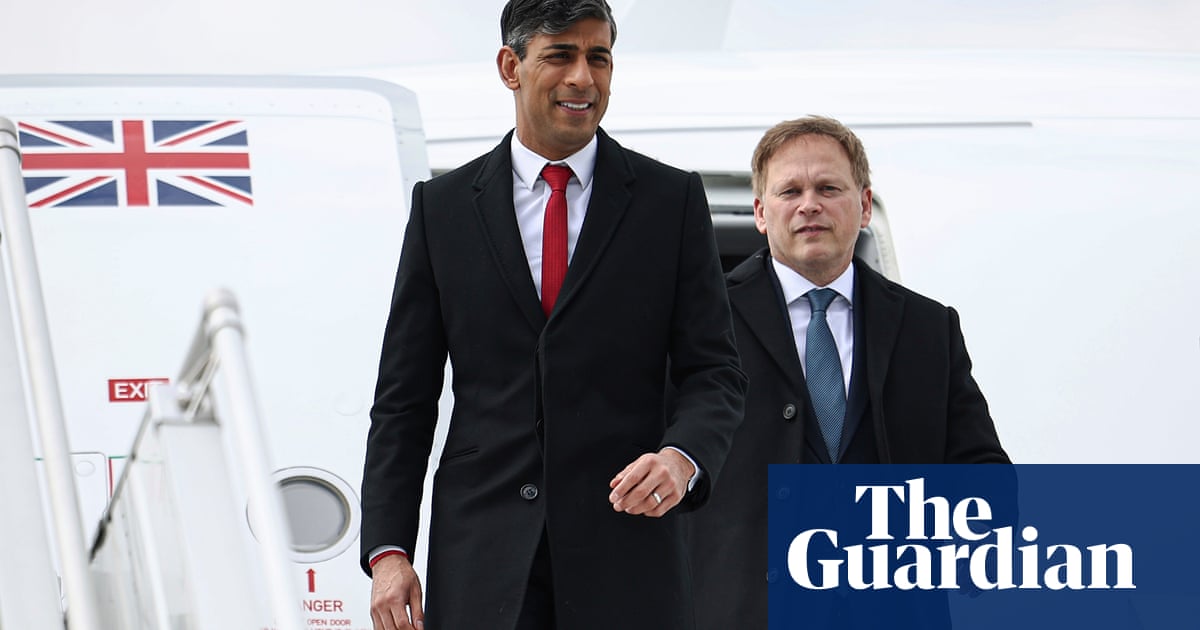Commons speaker apologises after Gaza ceasefire debate descends into chaos | House of Commons


The speaker of the House of Commons issued an unprecedented apology after a fractious and occasionally chaotic parliamentary debate on Gaza.
MPs voted unanimously for a Labour motion calling for an “immediate humanitarian ceasefire” in Gaza, but only after Lindsay Hoyle upended years of parliamentary precedent to allow the party to bring its motion to a vote.
Conservative and Scottish National party MPs reacted with fury to Hoyle’s decision, which the speaker said was designed to air a wide range of opinions but which also allowed the Labour leader to dodge the biggest rebellion of his leadership.
Some are now trying to unseat Hoyle while others are urging the Conservatives to ignore common practice and stand against him at the general election.
In the end Labour’s amendment passed unopposed after Tory and SNP MPs walked out of the chamber. Starmer afterwards accused them of “choosing political games over serious solutions”.
Hoyle apologised to MPs at the end of a six-hour debate marked by parliamentary chicanery, frequent shouting across the Commons chamber and accusations of partisanship on the part of the speaker.
In an unexpected statement, the speaker told a packed chamber: “It is clear that today did not show the house at its best. I will reflect on my part in that of course.”
He added: “I have tried to do what I thought was the right thing for all sides of this House. It is regrettable, and I apologise, that the decision didn’t end up in the place that I wished.”
The apology came at the end of a dramatic day in Westminster which saw Starmer personally lobby the Commons speaker to allow his motion to come to a vote.
Labour MPs had warned Starmer that up to 100 of them were ready to rebel against party orders and vote for a Scottish National party amendment calling for an immediate ceasefire unless Labour offered its own similar alternative. Sources have said that at least two shadow cabinet ministers were ready to resign over the issue.
Labour announced on Tuesday it would push for an amendment calling for an “immediate humanitarian ceasefire”, which it said could only happen under certain circumstances, such as if Hamas no longer threatened violence against Israel.
The wording of the Labour amendment was enough to persuade dozens of MPs to agree to vote for it instead of the SNP motion, which Labour has opposed on the grounds that it is not clear enough about the conditions necessary for a ceasefire.
Labour MPs warned however that if they were denied the chance to vote for their own amendment they would vote for the SNP’s motion, in what would have amounted to the biggest direct challenge to Starmer’s leadership since he took over.
With hours to go before the vote, Hoyle had still not decided whether to call a proposed government amendment to the motion, the Labour one, or both. After a last-minute intervention from Starmer himself, the speaker decided to call both – a decision which was greeted with fury on the Conservative and SNP benches.
Hoyle said later he had been persuaded to allow both amendments because of threats to the personal safety of many MPs.
after newsletter promotion
Several Labour members who abstained on a similar SNP motion in November say they have since faced abuse and personal threats, and with hundreds of protesters gathered outside Westminster, Hoyle was persuaded to give them a route out.
He faced criticism however even from his own clerk Tom Goldsmith who wrote a letter explaining his view that the decision was “a departure from the long-established convention for dealing with such amendments”.
The Conservative MP William Wragg then tabled a parliamentary motion expressing no confidence in the speaker. By Wednesday evening, 33 MPs had signed Wragg’s motion, mostly from the SNP.
After an often bitter Commons debate, Penny Mordaunt, the leader of the House of Commons, announced the government would not participate in the votes, paving the way for the Labour amendment to pass unopposed.
Mordaunt launched a bitter attack on Hoyle as she announced her decision, saying he had “hijacked” the debate and “undermined the confidence of the Commons”.
She later accepted Hoyle’s apology, however, saying: “You’re our speaker, and we wish you to defend the rights of all members of this House.”
Stephen Flynn, the SNP leader in Westminster, said: “We have seen the SNP opposition day turn into a Labour party opposition day, and I’m afraid that that is treating myself and my colleagues in the Scottish National party with complete and utter contempt. I will take significant convincing that your position is not now intolerable.”
But while Hoyle will continue facing the anger of many MPs, Labour officials believe his position is secure and that much of the government anger was being confected for effect. Some warned that the row over obscure parliamentary process during a debate about the war in Gaza risked undermining the reputation of the Commons in voters’ eyes.
One minister admitted: “We’re not as angry as we’re pretending.”




